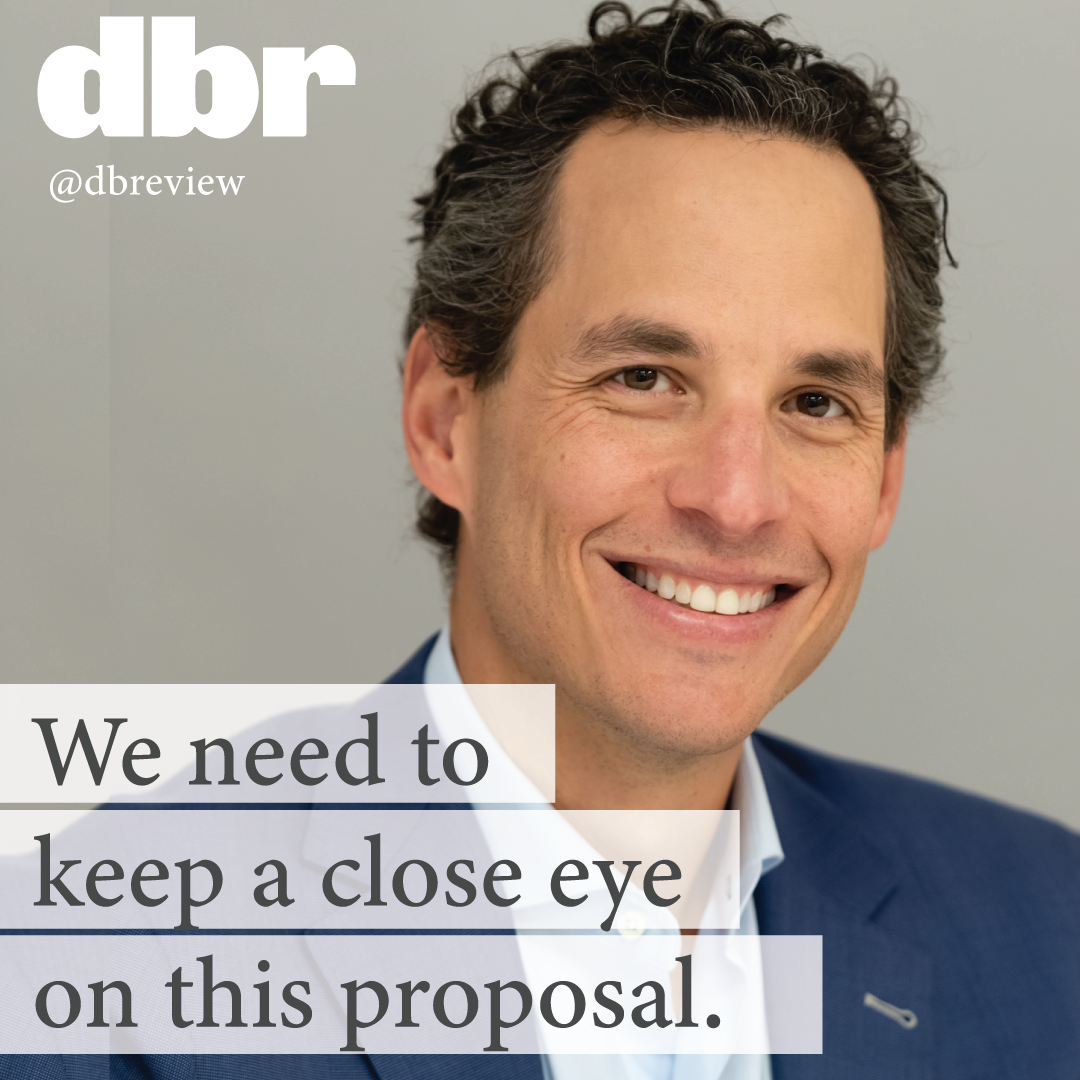Read the full article on: Daily Business Review
Summary:
The Florida Supreme Court has appointed a 14-member Judicial Circuit Assessment Committee to consider whether consolidation of the state’s 20 circuits is necessary. The committee will announce its decision in December, and there are speculations that up to 14 circuits could be closed as a result. The proposal has sparked mixed reactions among attorneys.
Some believe that consolidating circuits could lead to fiscal savings and greater efficiency in the judicial process. House Speaker Paul Renner supports the idea and asked for a review of the circuits, citing the state’s population growth and distribution changes as reasons to consider consolidation. However, others, like Broward County Public Defender Gordon Weekes, argue that the individualized nature of legal work may not result in the desired savings.
‘Keep a Close Eye’
“I assume that any consolidation will impact judicial circuits in the less populous areas of Central and Northern Florida more than South Florida,” Mark said. “I also assume that if, for example, the First and Fourteenth Circuits are consolidated in Florida’s panhandle, all courthouses will remain open, but only the administrative ‘back-end’ of these circuits will be consolidated.”
“It is incumbent on the legal community to keep a close eye on this proposal to ensure that in fact there will be no reduction in access to justice to those who seek redress from our courts. We have enough problems in that regard as it is,” Mark said. “Whenever the Florida Legislature acts, my knee-jerk reaction is to assume that its action will have one of two consequences: increased legislative power or decreased access to justice.”
Mark thinks it is too soon to know whether either of these will be a consequence of this proposal.





